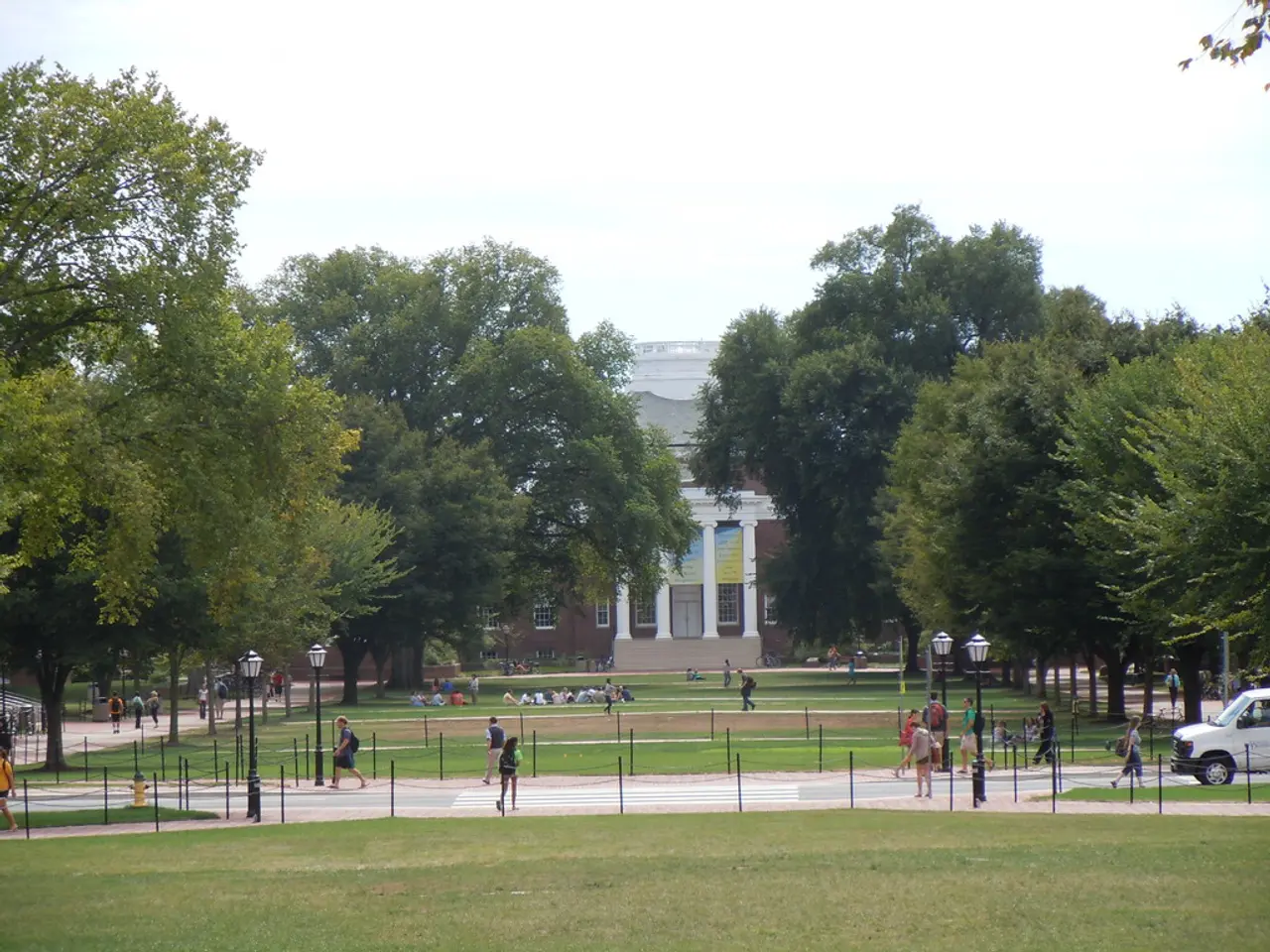Counterargument: "Capitalism Proved to be More Practical and Efficient"
Sean Rego '26, the Opinions Editor, has penned a scathing critique of a recent article titled "Socialism was a Resounding Success." In his piece, Rego expresses hope that we can all appreciate the fortune of living in a society spared from such a corrosive ideology.
Rego, who has not lived under a socialist regime, admits to concerns about misinterpreting socialism due to its allure. However, he does not mince words in his condemnation of the pro-socialist article, accusing it of rationalizing the gulag system, downplaying the Holodomor, revising pre-WWII history, and labelling valid criticism of Stalin as "right-wing claptrap."
Rego's article does not cite any new evidence or data to support his arguments. Instead, he draws on well-documented examples of human rights violations and economic failures often associated with socialist regimes. He criticizes the use of Cuba as a case study, noting inconsistencies and gaps of information, as well as the abysmal state of its healthcare system and over-saturated workforce.
Rego also takes issue with the article's analysis, which equates economic development with socialist tendencies and praises "constrained authoritarian" governments. He criticizes the exclusion of recently developed capitalist countries and the ignoring of the fact that other Asiatic countries, like Japan, South Korea, and Taiwan, also had similar post-war jumps in life expectancy.
The author also criticizes the Great Terror, stating that at least 700,000 Soviet citizens died during these purges, and that the majority of prisoners were not Nazis or Tzarist forces, but anyone who disagreed with the communist high command. He estimates that 18 million were forced to build the gulag system, with more than 4 million dying from it.
Rego's personal experiences under socialism are also highlighted in the article. He describes how his family experienced hardships, including forced mourning, realization of deception, and witnessing the collapse of the Soviet Union.
In conclusion, Rego's article serves as a stark reminder of the horrific consequences of socialism, using well-documented examples to counter the rose-tinted view presented in the pro-socialist article. He calls upon readers to reject socialism and learn from the lessons of history.
- Sean Rego's article in the 'opinion' section of the news offers a scathing critique of an article promoting socialism, advocating for appreciation of our society's freedom from this ideology.
- Rego, despite not living under a socialist regime, is concerned about misinterpreting socialism due to its appeal and proceeds to deliver vehement criticisms, labelling it as an ideology that rationalizes human rights violations and economic failures.
- In the 'research' and 'education-and-self-development' section, Rego argues against the use of Cuba as a case study, pointing out inconsistencies and the abysmal condition of its healthcare system and workforce.
- The article also highlights the general-news aspect, reporting that during the Great Terror, at least 700,000 Soviet citizens died in purges, with a majority of prisoners not being Nazis or Tzarist forces, but those who disagreed with the communist high command, while 18 million were forced to build the gulag system, with more than 4 million dying from it.




